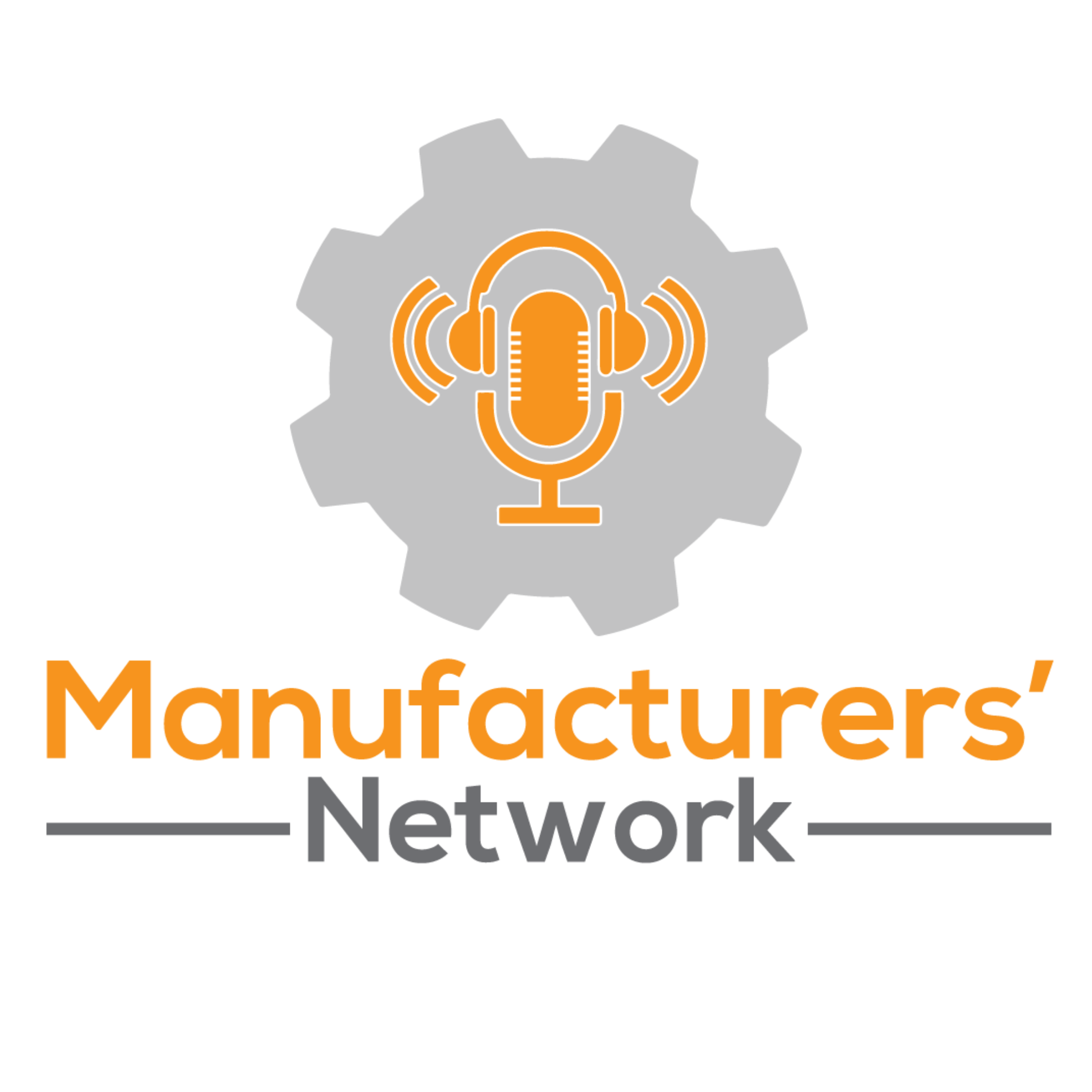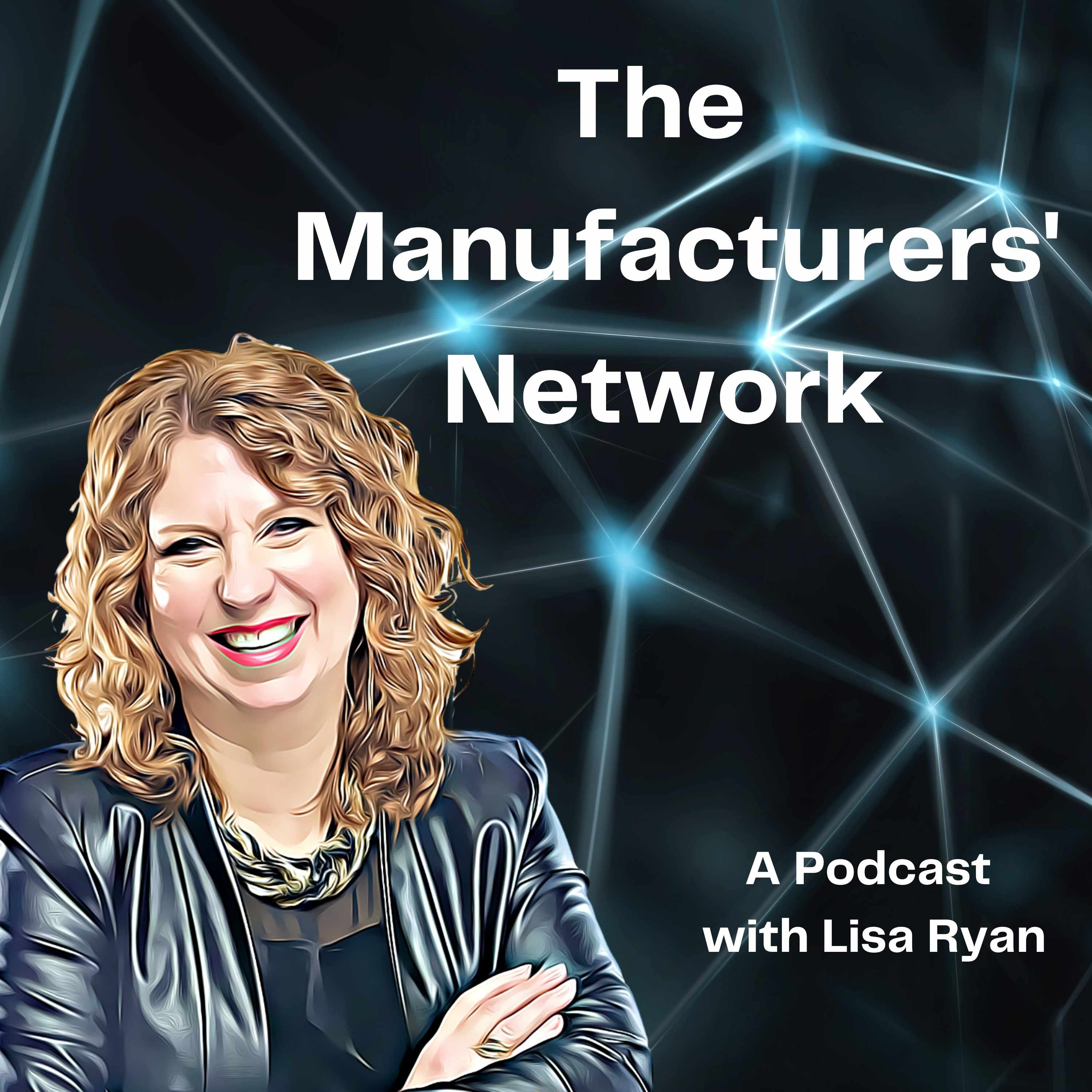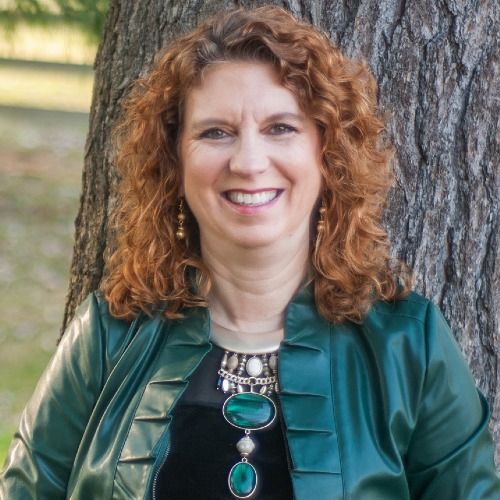How Employee Wellness translates to Company Wellness in Manufacturing with Steve Pacilio
Connect with Steve Pacilio:
Website: https://www.lift-all.com
Email: spacilio@lift-all.com
Show Transcript
Lisa Ryan: Welcome to the Manufacturers' Network Podcast. I'm excited to introduce you to our guest today, Steve, Pacilio. Quality customer service and safety are paramount, Steve says. With the current challenging business climate, my focus has been on our company's biggest asset, our employees. Welcome to the show. Steve, it's great to have you here.
Steve Pacilio: Thanks for having me. I appreciate it.
Lisa Ryan: Well, hey, I'd like to start. I know that you've been with lift all for a long time. But if you could share with us a little bit about your journey about what brought you to lift all in the first place and what got you to where you are today.
Steve Pacilio: Basically, I went to Northern Illinois University and received an Accountable and operations management degree. I worked for several companies. After that, and I was in the materials management role and the company that I was working for, I felt bored and wanted to challenge myself.
And so I said, looked and looked and ended up finding Lift-All, and it's been a great challenge. I'll tell you that much, and as you said, I started as a plant manager. I love manufacturing. I learned about slings, about the whole industry, how to make the products. I also learned about people. My most significant personal journey is learning how to manage people and work with people to achieve our set goals. I worked my way up to the company and was elected president three years ago in 2017.
Lisa Ryan: That's one of the reasons why I wanted to have you on the show. It's your commitment to people because everybody's competing for the same people right now. Even in these times of real high unemployment, it's essential to keep the right people you have so they don't go down the street 50 cents or a buck more an hour. What are some of the things that you feel that you're doing well? As far as creating those connections with your employees.
Steve Pacilio: This all starts from the top. It has to do with communication and making sure that the employees understand where the company's going, how they're doing, and that sort of thing. There is nothing worse than being on the plant floor and not realizing the focus here and where we are going in the future. I have a staff meeting every month, and I take notes from the staff meeting and then roll them out to the plant managers and discuss certain areas appropriate for information they should know. And I think that's helpful. I also like to walk through the plant and say hello.
One thing we do well is that we have an excellent wellness program. We have an unbelievable wellness program that we started could be 12-14 years ago. And at that point, it was many, many people that didn't even have a primary health care provider. People in the plant would go to the emergency room when they got sick. That makes it difficult for traceability and understanding if there isn't a problem or health issue. Also, it's costly for the company. So we work with our HR department to develop a wellness program. We have the majority of our people now on the healthcare program. They can earn up to 1400 dollars in credits for next year by going through and doing the biometric testing and seeing their doctor for a physical once a year. They're now doing the things that are needed - the preventative testing stuff.
So that's been good, and it's to show our employees, hey, this is good for you. It's also good for the company, and you're not sick as much. Hopefully, we can prevent a catastrophic illness.
Lisa Ryan: For the people who listen to this, they might say, oh, we've tried wellness programs are people don't buy into it. They don't do it. We invest all this money we try health care is health fairs, and nothing happens.
I'm sure you probably had some people fighting you at the beginning. Please share a little bit about that process and what it took to finally get people to say, oh, this is what I'm doing to change the habit of going to the emergency room to focus on their wellness.
Steve Pacilio: Again, I think there was a lot of communication and by our leadership and our HR department and the plant managers and system plant managers. They had to find who in their plant were the change agents. It could be a group leader or an hourly employee. You get them on board, and you start talking about it, and they have meetings, and they have different meanings.
We're talking about wellness and, slowly, but surely you get a few more people. And then you get a few more people on it again. It's been a journey. It's not that it's happened in one year. It's been years. I also think that we have a great response, and because of this, we've been able to keep our health care costs relatively low. During this time, and that's huge. That's, that's money in their pocket, of course, that helps us financially and as a company, but it comes down to leadership and communication with the employees.
Lisa Ryan: And so during the meetings with the communication, what exactly are you sharing with your employees. Is it just the production numbers, or are you looking at what they're doing individually? Any of the specifics of that might be helpful.
Steve Pacilio: The plant managers will talk about their efficiencies and how they're doing. They talk about safety, safety in the plant, and manufacturing the product that they need. Sometimes you even talked about our products' safety because we want our employees to understand that somebody's life is underneath that product when you're making a lifting product. So we want to make sure that the quality is there, the product is engineered, we've done all the work we've done all the testing.
But it's still up to individual hands and equipment to be able to make that product. So they need to be reminded, and we stress that you're making something that somebody who may have families walking underneath that and want to make sure that that doesn't fail, so there's a lot of topics that we talked about.
Lisa Ryan: And I think that just letting your employees know how they're contributing to that greater mission of protecting not only themselves in the workplace because obviously that's expected. But seeing the result of this as a product that's going to make sure that you know those workers who are using it on the other end can safely go home to their family. So it sounds like you've done an excellent job building that into your culture over there.
Steve Pacilio: Right now, around our safety manager, we're talking about the plants' safety. He started down this last year having an OSHA fair. So, as opposed to people watching the videos and saying, Oh, here's lockout tag out. Or here's how to handle a fire extinguisher; he tries to make it fun and get some games and multiple-choice things. He had teams, and the teams are competing to try to understand and retain the knowledge. Therefore, you'd walk through the plants and ask them some questions just played around to make sure that they wanted to retain it. Certainly, looking at different ways to engage your employees because I gleaned from 20 years ago, the employee mentality 20 years ago is much different from the employee mentality. Now, the millennials and everything. And it's the other management way of managing those types of individuals, I feel.
Lisa Ryan: Usually, you do not hear OSHA and fun in the same sentence. You're making it less scary. I like the idea of the Plant managers asking questions to their employees afterward because then they know. Oh, I better pay attention in case Bob decides to ask me something about it. That's awesome.
Steve Pacilio: In those types of questions, it's more for the manager to understand if they retained the knowledge. It's not a bad thing if they don't know the answer. We don't reprimand them but put that in the memory bank to see if we need to try a different tactic to make it stick.
Lisa Ryan: Sure. Well, and it's reinforcement. So it's good from both sides of that. Exactly. So what are some of the things that are keeping you up at night right now?
Steve Pacilio: Just trying to understand what the future is going to look like. We have information coming from so many different sources. It isn't easy to be able to plan the future. I mean, I've got tariffs from China potential tariffs from other countries. How that affects us is because we get a lot of raw materials from overseas. We have freight issues. I mean, right now, containers are in the wrong place around the world. So now, continuous backup. We're trying to satisfy our customers' demand, even when the container comes here, there are no rigs to pull them, no tractor-trailers to pull them. It's just everything's evolving so quickly. It's hard to keep in front of it.
If I could have a clear path, we can plan, and we can move forward. My plan for this next year has so many different directions, depending on what will happen. It gets mind-boggling at times.
Lisa Ryan: Yeah, this is undoubtedly an interesting place to be in history right now because we don't know. And just when we think we know, it seems to change the next day.
Steve Pacilio: And then the information comes from different sources, and it's different information. I mean, with covid, we're trying to keep plants open. We have five plants in the United States. In Pennsylvania, the governor would give us the word to close, open, or shut down. We don't know what's going to happen. Then again in Houston, a district judge in Harris County would decide, not even the governor. So different areas of the country, we're handling those communications differently. So we need ways to track all that information.
Lisa Ryan: Well, when it comes to building up this network with other manufacturers, if you could get hints or tips to your manufacturing colleagues, what kind of support or questions would you most like to learn from your manufacturing colleagues?
Steve Pacilio: I think it's just what other people are doing. I'm in a CEO peer group, and we have a variety of industries included. One is educational, one is lawn maintenance, and another is in and pest control. When I first joined the group, I wondered what they all would we have in common. But boy, when you have the conversations, we all have the same thing in common. We have to plan our businesses; we have to understand their costs. And we have to be able to communicate with employees and managers. So we all have the same problems. We all have the same issues.
It's interesting to hear from others how they're addressing them and taking bits and pieces that you know may be appropriate for my situation and my company.
Lisa Ryan: I think that's so important because sometimes we join our industry trade associations, but we sometimes get blinders on and look at our industry. When you have a roofer and pest control and all of these other people in the same room, you'll probably find that there's something that the roofer is doing that you wouldn't have even thought, "Hey, that's something that I can put into my business." So, keeping that open mind, finding out more, and connecting with other manufacturing colleagues, what are some of the things that you feel that you could offer support on?
Steve Pacilio: Again, just my experiences. I mean, I've had different experiences than others. And I think it's just a matter of sharing some of those and just starting a conversation like you and I are having. And maybe I'll you'll say something this, "I should think about doing that," or it gives me an idea that I think it's having the communication. It motivates the brain to think of different things in different ways. I like to say if I have an issue or problem, a plan, and I like to turn it around and look at it from different areas and different ways and have communication to contact with others. I think it allows us to do that.
Lisa Ryan: Awesome. And if you could give one idea, one strategy for the people listening to us in their manufacturing facilities today as far as creating that culture where people want to stay, what would that be?
Steve Pacilio: I would say communicate in multiple ways. During this whole covid thing, I did a couple of short videos that we released to employees to let them know how we're doing and what's going on. If I'm in plants that I haven't traveled to, I have the ability, walk through those plants, and say hello and be there. Let them come up to you and make yourself available to have a conversation.
This year I wrote out 250 Christmas cards to every employee. I started in October. It took a long time, but I think that it was appreciated. While I'm not traveling back and forth to work, I wanted to let the employees know I care. I received a lot of positive feedback from that. Just because I'm not going into the office, I'm working from home; I want people to know that it's not that I got my feet up. I'm thinking about them - and I believe that it's important that they know that.
Lisa Ryan: Well, Steve, as we're building this network here, people would like to connect with you. What's the best way for them to do that?
Steve Pacilio: I think you connect them to our list on website https://www.lift-all.com or you can contact me on my email, which is spacilio@lift-all.com
Lisa Ryan: So well, Steve. It's been an absolute pleasure having you on the show today. I'm Lisa Ryan, and this is the Manufacturers' Network podcast. See you next time.


